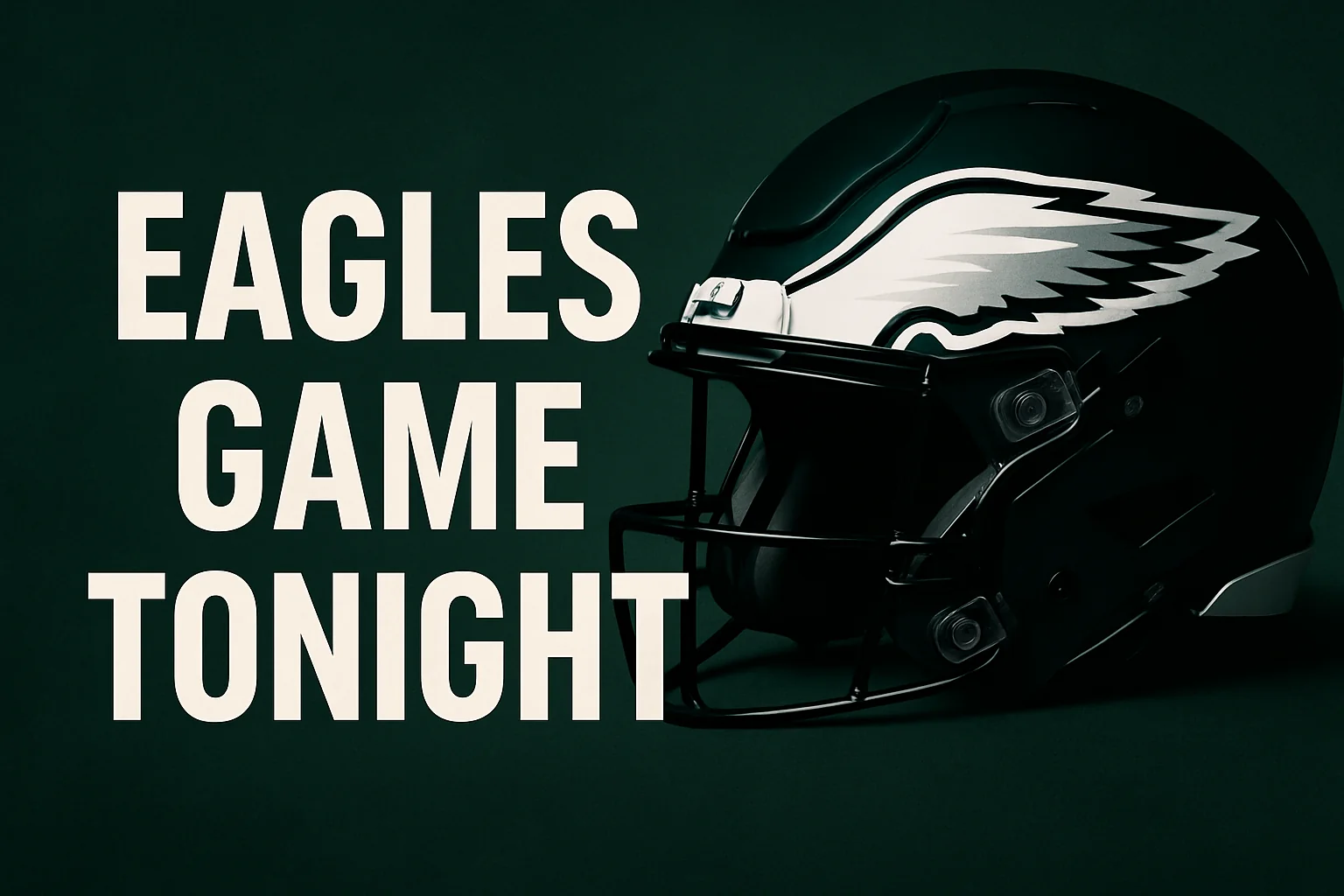The eagles game tonight dominates searches. Fans are desperate to know the time, the channel, and where to watch. Yet mainstream coverage buries the essentials under clickbait. My stance is simple: the NFL, broadcasters, and advertisers thrive on confusion, because a fan chasing information is a fan already monetized. Let’s cut through the noise.
Context: the mainstream narrative
Mainstream sports media frames the Eagles as a powerhouse team with a growing national audience. Every game is marketed as a spectacle, every broadcast as a must-watch. The official story: check your local listings, trust the NFL app, subscribe to multiple services, and you’ll find the game. For many, that’s enough.
But the reality is messier. Rights are fragmented, schedules are unclear, and streaming paywalls proliferate. Fans ask Google basic questions — “what time,” “what channel,” “where to watch” — because the system is designed to confuse.
Oppositional Argument: the NFL’s information chokehold
I argue this confusion isn’t accidental. The NFL and its broadcast partners profit from opacity. By splitting rights across NBC, ESPN, Amazon, and regional networks, they force fans into multiple subscriptions. Search engines reflect this mess: “where can I watch the eagles game tonight” skyrocketed +2,850%. That’s not fandom; that’s desperation.
When fans scramble for clarity, corporations win. They sell premium packages, bundle services, and monetize confusion. Tonight’s game is less about football and more about extracting value from captive audiences.
Analytical Breakdown: causes and consequences
Fragmented broadcast rights
The Eagles’ games appear on national networks, cable sports channels, Amazon Prime, or local affiliates. No single platform carries all matches. This multiplatform strategy maximizes revenue but leaves fans juggling subscriptions.
Rising costs
Watching “every game” now costs hundreds of dollars a season. Add-ons like NFL Sunday Ticket or Amazon’s exclusive Thursday Night Football increase fragmentation. Fans pay more, but clarity decreases.
Digital monopolies
Tech platforms like Amazon or ESPN+ gain leverage by securing exclusivity. Traditional cable viewers are forced to adapt or miss out. The supposed “choice” becomes coercion.
Search trends
The spike in Google queries proves the failure of transparency. If fans cannot even find kickoff time without searching, the system is broken.
Human Perspective: the fan’s struggle
Consider a Philadelphia family. The father has cable, the son uses Amazon Prime, the daughter streams highlights on YouTube. To watch together, they need three different accounts and constant guesswork about channels. This isn’t access — it’s chaos.
Bars and public venues face similar issues. Managers pay inflated fees for sports packages, then deal with uncertain broadcast rights. Small businesses carry the cost, while the NFL counts profits.
Counterarguments
Some argue competition improves service. But what “competition” exists if every fan needs multiple subscriptions to follow one team? Others insist higher fees support better production. Yet fans aren’t asking for more graphics — they want reliability.
Conclusion: clarity stolen, profits gained
The eagles game tonight is more than a match. It’s a microcosm of how corporations twist sport into a subscription labyrinth. Time and channel should be transparent. Instead, they’re hidden behind paywalls, scattered rights, and deliberate confusion.
My judgment is blunt: the NFL exploits fans. Until transparency is forced, every Eagles game will be a scavenger hunt — profitable for networks, exhausting for viewers.
